Procedures
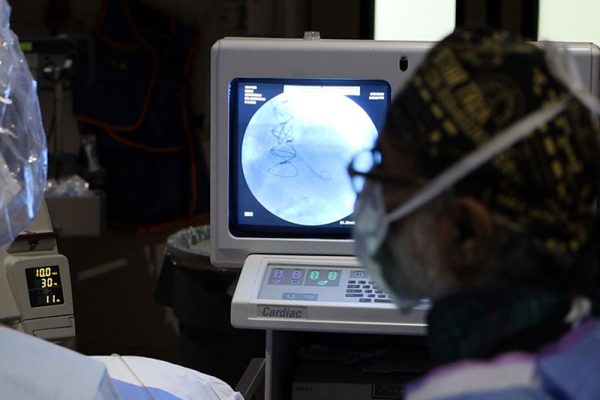
A catheterization, also called an “angiogram,” is an invasive procedure that allows Dr. Jamnadas to evaluate the blood flow in the peripheries. These include arteries in the pelvis, legs, feet, kidneys, stomach, arms, and neck. These peripheral arteries may be narrowed or blocked due to a condition called atherosclerosis (plaque build up in the arteries).
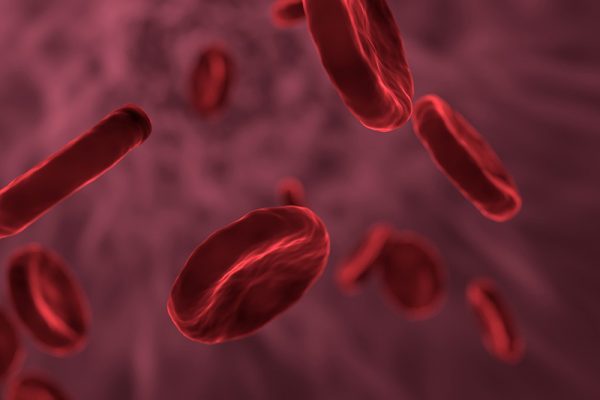
A stent is a mesh wire which acts as a scaffolding to keep an artery open to ensure blood flow. Most blockages are treated with balloon angioplasty and stenting. Angioplasty is the stretching of an artery to widen it, followed by stent placement. This is known as percutanteous transluminal angioplasty (PTCA).
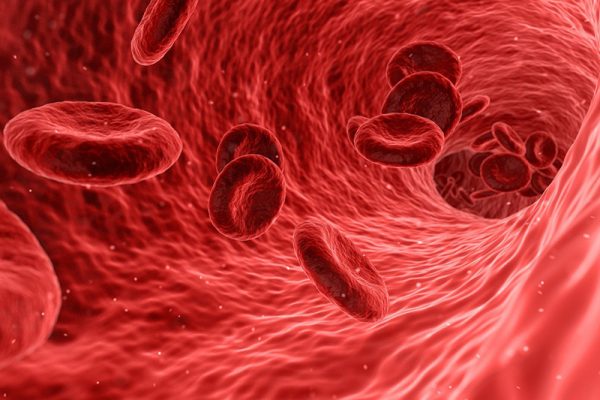
Narrowing or blockage of the renal artery (the main blood vessel that supplies the kidneys) can cause severely high blood pressure or problems with kidney function. Angioplasty is a procedure that uses a small balloon to widen the passage through a blood vessel. A stent is a small metal mesh tube put into a blood vessel to help hold it open. Renal angioplasty and stenting can help improve blood flow to the kidney and relieve problems.
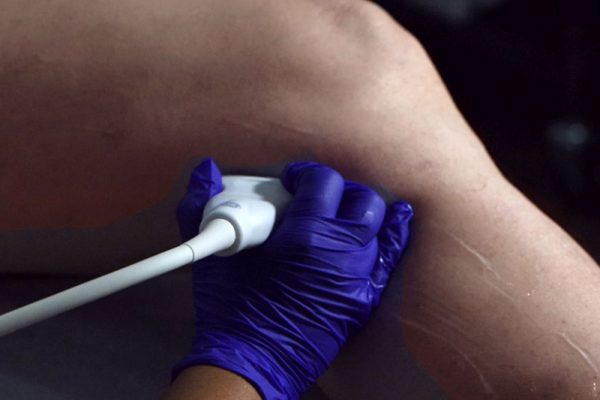
Sclerotherapy is a minimally invasive procedure using chemical irritants to close unwanted veins. Sclerotherapy is the treatment of choice treatment for small varicose and spider veins that may or may not be symptomatic and a source of significant distress.

Venous ablation is a minimally invasive technique using intense thermal energy to irreversibly destroy an incompetent or diseased vein. This means the vein is Damaged valve causing venous insufficiency, Damaged vein becomes tortuous (rope like), Pooling of blood due to damages valve. A catheter with heat is inserted into the targeted vein and closes off the vein. The vein is closed off, but not removed.

A Non-Thermal Venous Ablation is a minimally invasive procedure used to close incompetent veins. Incompetent veins have weak or non-functioning valves that allow the backflow of blood, causing symptoms in your legs such as swelling, aching, heaviness, and fatigue. Incompetent veins are identified by a special ultrasound examination called a venous reflux study
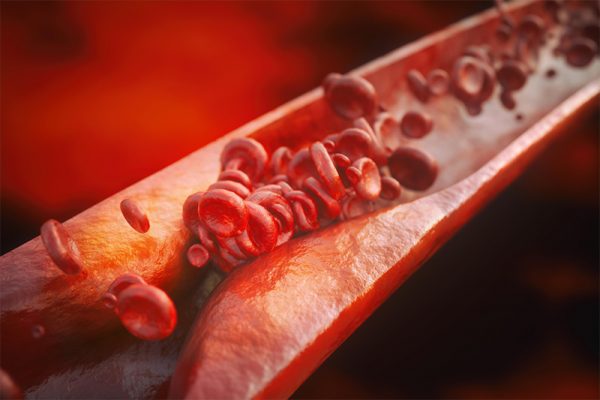
Narrowed or blocked large veins can cause severe swelling and pain. Venous angioplasty is a procedure done to treat these blockages. In some cases, a metal mesh tube called a stent may then be placed into the vein to hold it open. The procedure is done by a specially trained doctor like Dr. Jamnadas.
